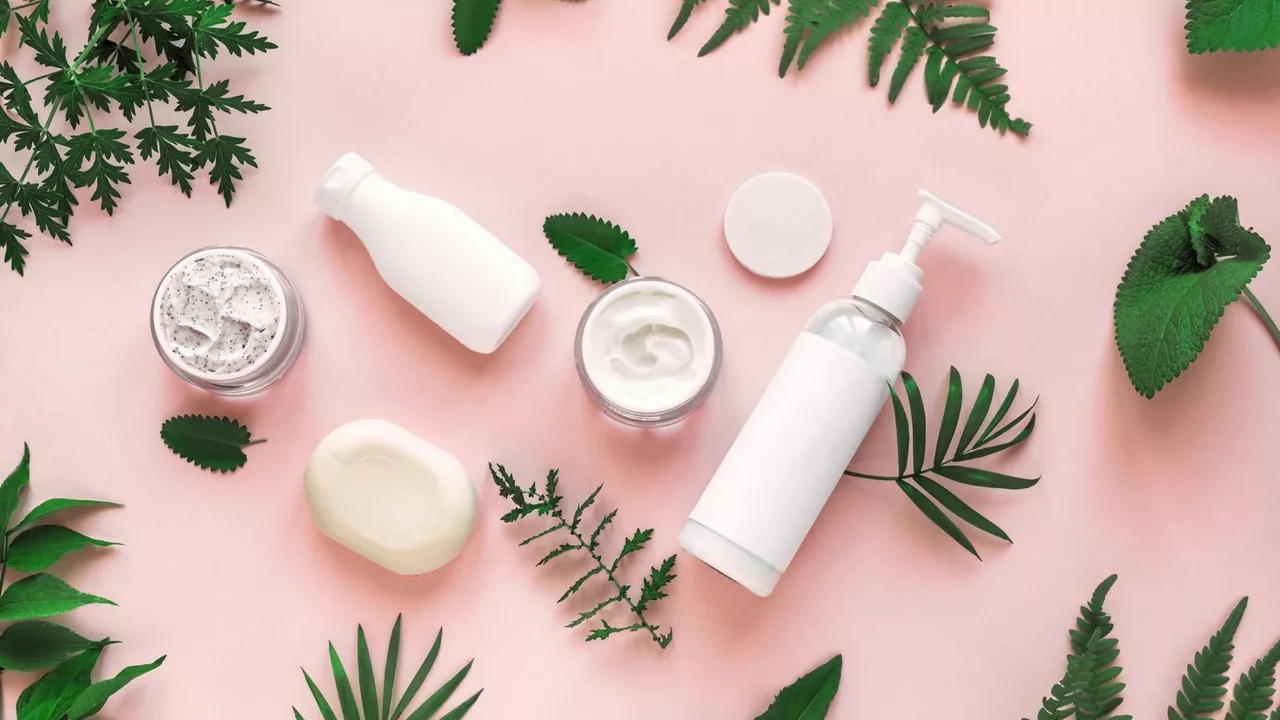Understanding the Beauty Industry
When we talk about the beauty industry, we are referring to a global, multi-billion-dollar industry that encompasses makeup, skincare, hair care, and fragrance. This industry thrives on the promise of improved appearance and enhanced self-esteem. But do beauty products actually work? To answer this question, we first need to understand what constitutes a beauty product, how they are made, and the regulations governing their production.
The Science Behind Beauty Products
Most beauty products are a blend of chemical compounds derived from natural ingredients or created synthetically. The science behind these products is complex and varies from product to product. Some ingredients are used for their cosmetic properties like pigmentation or scent, while others have known biological effects on the skin. For example, hyaluronic acid is known to hydrate the skin, and retinol can stimulate cell renewal.
Regulation of Beauty Products
Regulations vary worldwide, but in general, beauty products are subject to stringent safety standards. In the U.S, the Food and Drug Administration (FDA) does not need to approve cosmetic products and ingredients (except for color additives) before they go on the market. However, they must be safe for consumers under labeled or customary conditions of use, and they must be properly labeled.
Marketing Tactics in the Beauty Industry
Marketing plays a significant role in the beauty industry. Brands often make bold claims about their products' effectiveness, relying on emotional appeal and the promise of transformation. However, these claims are often based on small studies conducted by the companies themselves and may not reflect the product's actual effectiveness.
The Placebo Effect
Believe it or not, the placebo effect plays a role in our perception of a beauty product's effectiveness. This psychological phenomenon occurs when a person experiences a perceived improvement in condition due to their belief in the treatment, rather than the treatment itself. In the context of beauty products, if we believe a product will make us look younger, we might perceive that it does, even if the physical changes are minimal.
Do Anti-Aging Products Work?
Anti-aging skincare products represent a significant segment of the beauty industry. These products promise to reduce signs of aging like wrinkles and age spots. While some ingredients like retinol and vitamin C have been scientifically proven to have anti-aging properties, the effectiveness can vary greatly from product to product and person to person.
The Truth About Hair Growth Products
Hair loss is a common problem, and the market is flooded with products promising to stimulate hair growth. While some products can help to some extent, it's important to note that no over-the-counter remedy can reverse baldness. Hair growth is largely dictated by genetics and overall health, and any product claiming to drastically alter this is likely exaggerating its effectiveness.
Skin Care: Miracle Cure or Marketing Hype?
The skincare market is exploding with products promising to clear acne, reduce redness, and brighten skin. While many of these products can help improve skin health over time, it's important to manage expectations. Skincare is a long game, and improvements occur over weeks and months, not overnight.
The Bottom Line: Do Beauty Products Really Work?
The question "do beauty products really work?" is complex. Many products do what they promise to a certain degree, but the results can vary greatly depending on the individual's unique skin or hair type, lifestyle, and other factors. It's also important to remember that no beauty product can transform us overnight. Real beauty comes from taking care of ourselves inside and out.
Making Informed Decisions
When it comes to beauty products, it's essential to do your research, understand what you're putting on your skin or hair, and manage your expectations. Remember, beauty is not about perfection, but about celebrating and taking care of our unique selves. So, are beauty products worth it? That's a decision each of us has to make for ourselves.
